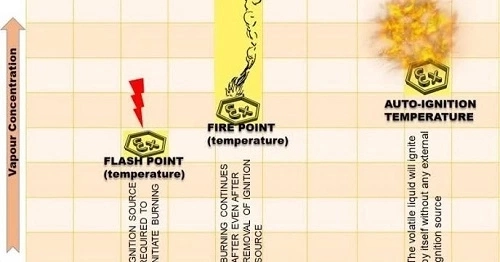What Is The Difference Between Ignition Temperature And Fire Point
Understanding the difference between ignition temperature and fire point isn’t just about satisfying curiosity—it could save lives, reduce fire hazards, and help industries stay compliant with fire safety standards. Whether you’re a safety officer, industrial worker, student, or a concerned homeowner, knowing the distinction is crucial to preventing unexpected fires and ensuring workplace safety. In … Read more









